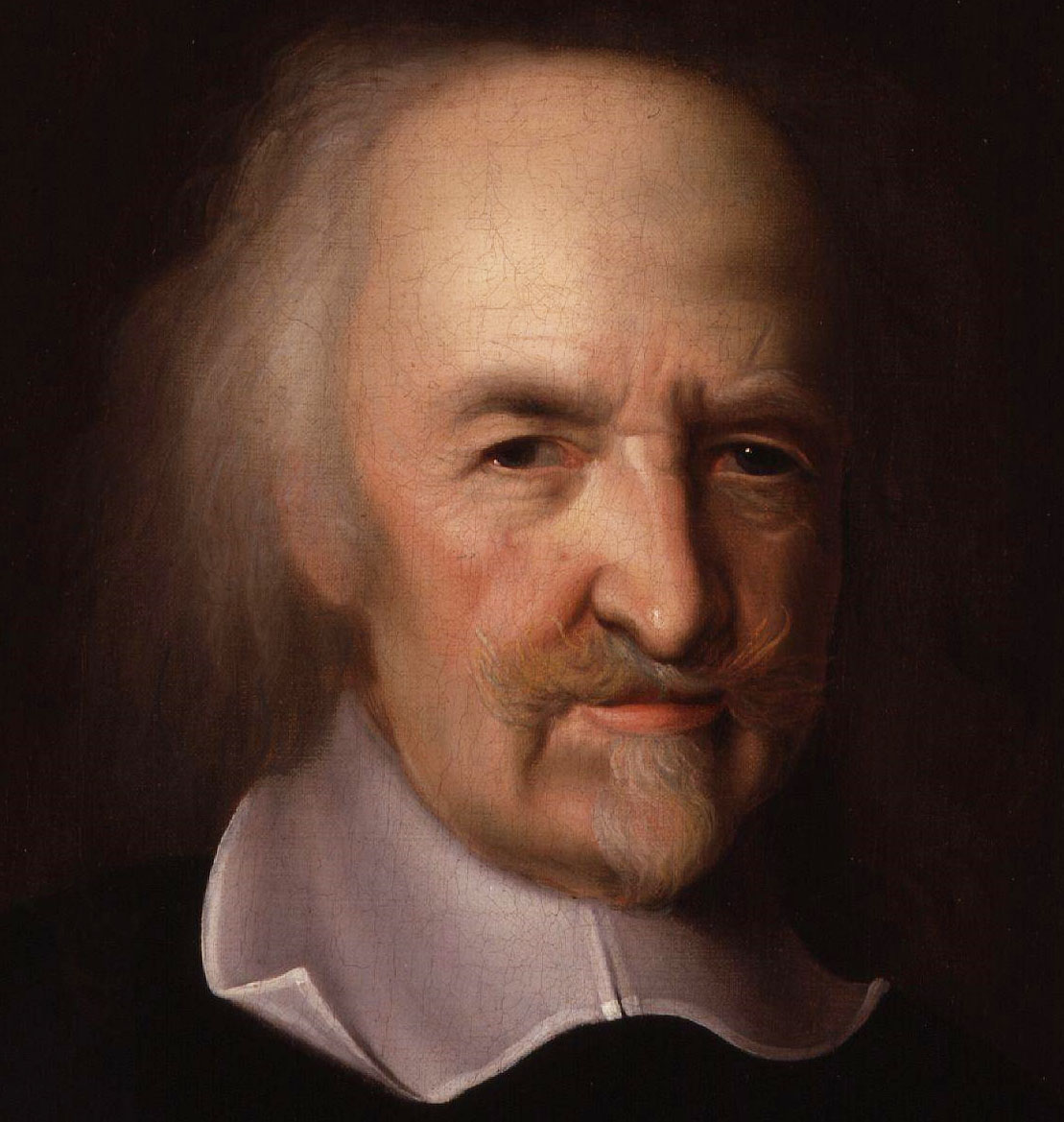Thomas Hobbes Frases famosas
na obra "Memórias de um gerubal", página 91 http://books.google.com.br/books?id=pfpTDKDH0TIC&pg=PA91&dq=O+homem+%C3%A9+o+lobo+do+homem, Roberto de Mello e Souza afirma que citação é de Plauto (século III-II a.C.), na quarta cena do segundo ato da comédia "Asinaria"; citação que Hobbes utilizou na obra "Sobre o cidadão"
"Memórias de um gerubal: a história (vivida) da administração de pessoal no Brasil de 1945 ao século XXI : formação de um executivo"; Por Roberto de Mello e Souza; Publicado por Senac, 2004; ISBN 8587864416, 9788587864413
Atribuídas
Variante: O homem é lobo do homem, em guerra de todos contra todos.
Citações de homens de Thomas Hobbes
Thomas Hobbes frases e citações
"Leviathan", capitulo XVII; Por Thomas Hobbes
“Os costumes resultam do hábito convertido em caráter.”
Variante: Os costumes resultam do hábito convertido em carácter.
“As duas virtudes cardinais da guerra : força e fraude”
Variante: As duas virtudes cardinais na guerra são a força e a fraude.
“Ciência é o conhecimento das consequências, e da dependência de um fato em relação a outro.”
Thomas Hobbes, filósofo inglês, conforme encontrado em Singh, Simon - Big Bang - Capítulo: "O que é ciência?" - Editora Record - 2006 - pág.: 459
Atribuídas
Fear of power invisible, feigned by the mind, or imagined from tales publicly allowed, religion; not allowed, superstition. And when the power imagined is truly such as we imagine, true religion.
"Leviathan", primeira parte; Por Thomas Hobbes; veja (wikisource)
Publicado Mundo da Filosofia; p. 208;25 ISBN 8587864416, 9788587864413
Atribuídas
Thomas Hobbes: Frases em inglês
The Fourth Part, Chapter 47, p. 386(See also: Arnold J. Toynbee, A Study of History, Volume I)
Leviathan (1651)
“Fact be vertuous, or vicious, as Fortune pleaseth;”
The Second Part, Chapter 27, p. 153
Leviathan (1651)
“And as in other things, so in men, not the seller, but the buyer determines the Price.”
The First Part, Chapter 10, p. 42
Leviathan (1651)
“The Register of Knowledge of Fact is called History.”
The First Part, Chapter 9, p. 40
Leviathan (1651)
The Second Part, Chapter 22, p. 122 (See also: Secret society)
Leviathan (1651)
“Christian Kings may erre in deducing a Consequence, but who shall Judge?”
The Third Part, Chapter 43, p. 330
Leviathan (1651)
Lastly, the Pacts and Covenants, by which the parts of this Body Politique were at first made, set together, and united, resemble that Fiat, or the Let us make man, pronounced by God in the Creation.
The Introduction
Leviathan (1651)
The First Part, Chapter 4, p. 12 (See also: Julian Jaynes)
Leviathan (1651)
“And Beasts that have Deliberation, must necessarily also have Will.”
The First Part, Chapter 6, p. 28
Leviathan (1651)
“For such Truth as opposeth no man's profit nor pleasure is to all men welcome.”
Review and Conclusion, p. 396, (Last text line)
Leviathan (1651)
“No man's error becomes his own Law; nor obliges him to persist in it.”
The Second Part, Chapter 26, p. 144
Leviathan (1651)
“Men looke not at the greatnesse of the evill past, but the greatnesse of the good to follow.”
The First Part, Chapter 15, p. 76 (Italics as per text)
Leviathan (1651)
“Sudden Glory, is the passion which maketh those Grimaces called LAUGHTER.”
The First Part, Chapter 6, p. 27 (italics and spelling as per text)
Leviathan (1651)
